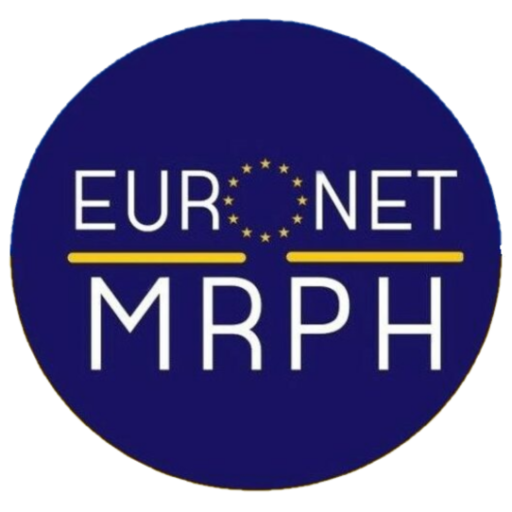by Kerstin Sell on behalf of the Network
A wave of transformative energy has been building up in Germany’s Public Health community over the past years. After the 2015 Leopoldina report powerfully presented the necessity for reform in Germany’s Public Health institutions and academic landscape, along with the country’s politics and policies, the actors in the Public Health community have joined forces to work towards a new Public Health strategy for Germany. The conference Zukunftsforum Public Health (Future Forum PH) has been critical in facilitating community networking, interdisciplinary exchange of perspectives and preparing a road map for the strategy development.
At the second Zukunftsforum Public Health in December 2017, early career public health professionals, students, and researchers sought to find a medium to connect with each other, network, discuss and work on common interests. This led to the formation of the German Network of Young
Professionals in Public Health which we would like to introduce here.
Initially, the network consisted of an informal mailing list that anyone who self-defined as a young person with an interest in Public Health could join after review by the moderators. News about the network was shared by word of mouth, but as the network became more formalised, new members were informed about its existence through publications and the visibility of public engagement of the network.
In addition to the email exchange, regular conference calls were established, a network statute was adopted, a corporate design and a homepage were launched, and a coordinating committee was elected. Within the first months of the network’s existence we published an article about our perspectives as young professionals on Public Health in Germany with a focus on necessary reforms in Public Health education and training (Akçay et al. 2018). Careers in Public Health have been an ongoing topic in the network as the urgency to reform Public Health education in Germany has become very clear through the exchange of the network members’ experiences.
At the third Zukunftsforum conference in January of 2019, participation of young professionals and students had increased remarkably. A network meeting was organised for the day following the conference to enable reflection about our role as Young Professionals in Public Health at the conference and within the German Public Health landscape. The network meeting also offered the opportunity to continue brainstorming and discussing the Zukunftsforum’s main topic: the new Public Health strategy for Germany. From the brainstorming process we were able to derive recommendations for the strategy development from our perspective, which we subsequently published on our homepage. An executive summary of this paper has been accepted for publication recently.
While our network is growing and facilitating exchange, cooperation and a platform for discussion among young professionals in Public Health in Germany, it is also still evolving and diversifying. We hope to be able to report on further interesting projects and initiatives in another EuroNet Newsletter in the future.
As our homepage is in German, please feel free to contact the speakers of the network sprecher@noeg.org for more information.
Reference:
Akçay et al., Public Health in Germany from the Perspective of Young Professionals. Gesundheitswesen 2019; 81(03): 176-181. DOI: 10.1055/a-0795-3477. (Article in German)
